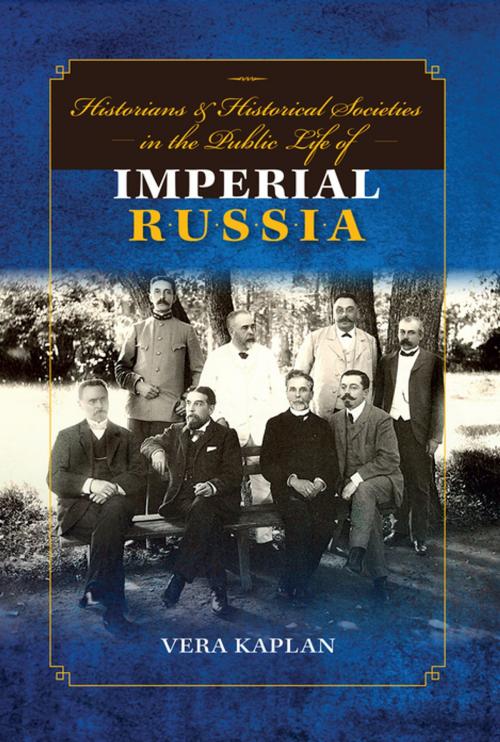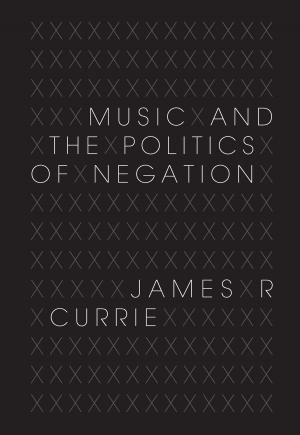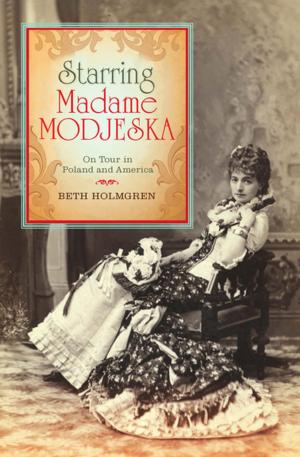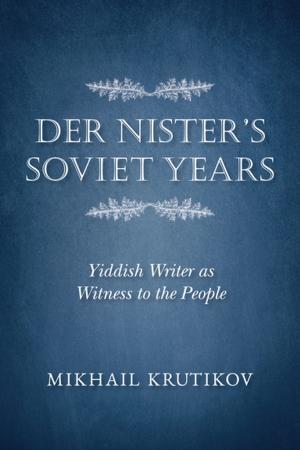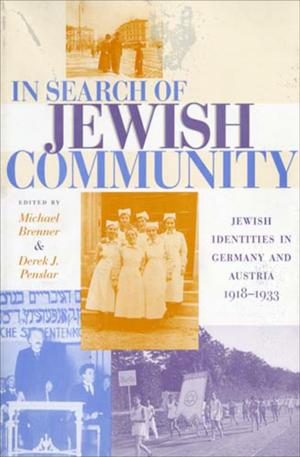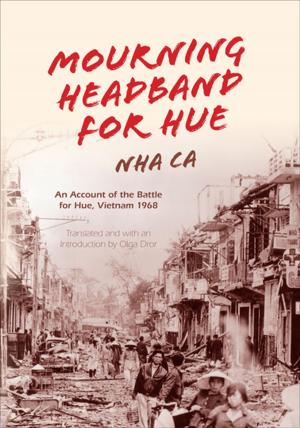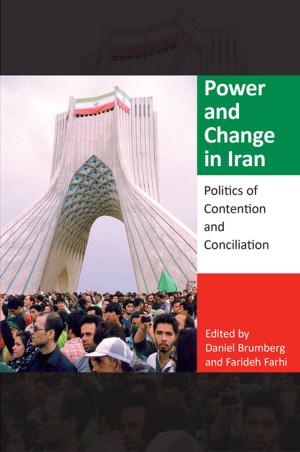Historians and Historical Societies in the Public Life of Imperial Russia
Nonfiction, History, Asian, Russia, Reference & Language, Education & Teaching, Administration, Social & Cultural Studies, Political Science| Author: | Vera Kaplan | ISBN: | 9780253024060 |
| Publisher: | Indiana University Press | Publication: | February 27, 2017 |
| Imprint: | Indiana University Press | Language: | English |
| Author: | Vera Kaplan |
| ISBN: | 9780253024060 |
| Publisher: | Indiana University Press |
| Publication: | February 27, 2017 |
| Imprint: | Indiana University Press |
| Language: | English |
What was the role of historians and historical societies in the public life of imperial Russia? Focusing on the Society of Zealots of Russian Historical Education (1895–1918), Vera Kaplan analyzes the network of voluntary associations that existed in imperial Russia, showing how they interacted with state, public, and private bodies. Unlike most Russian voluntary associations of the late imperial period, the Zealots were conservative in their view of the world. Yet, like other history associations, the group conceived their educational mission broadly, engaging academic and amateur historians, supporting free public libraries, and widely disseminating the historical narrative embraced by the Society through periodicals. The Zealots were champions of voluntary association and admitted members without regard to social status, occupation, or gender. Kaplan’s study affirms the existence of a more substantial civil society in late imperial Russia and one that could endorse a modernist program without an oppositional liberal agenda.
What was the role of historians and historical societies in the public life of imperial Russia? Focusing on the Society of Zealots of Russian Historical Education (1895–1918), Vera Kaplan analyzes the network of voluntary associations that existed in imperial Russia, showing how they interacted with state, public, and private bodies. Unlike most Russian voluntary associations of the late imperial period, the Zealots were conservative in their view of the world. Yet, like other history associations, the group conceived their educational mission broadly, engaging academic and amateur historians, supporting free public libraries, and widely disseminating the historical narrative embraced by the Society through periodicals. The Zealots were champions of voluntary association and admitted members without regard to social status, occupation, or gender. Kaplan’s study affirms the existence of a more substantial civil society in late imperial Russia and one that could endorse a modernist program without an oppositional liberal agenda.
